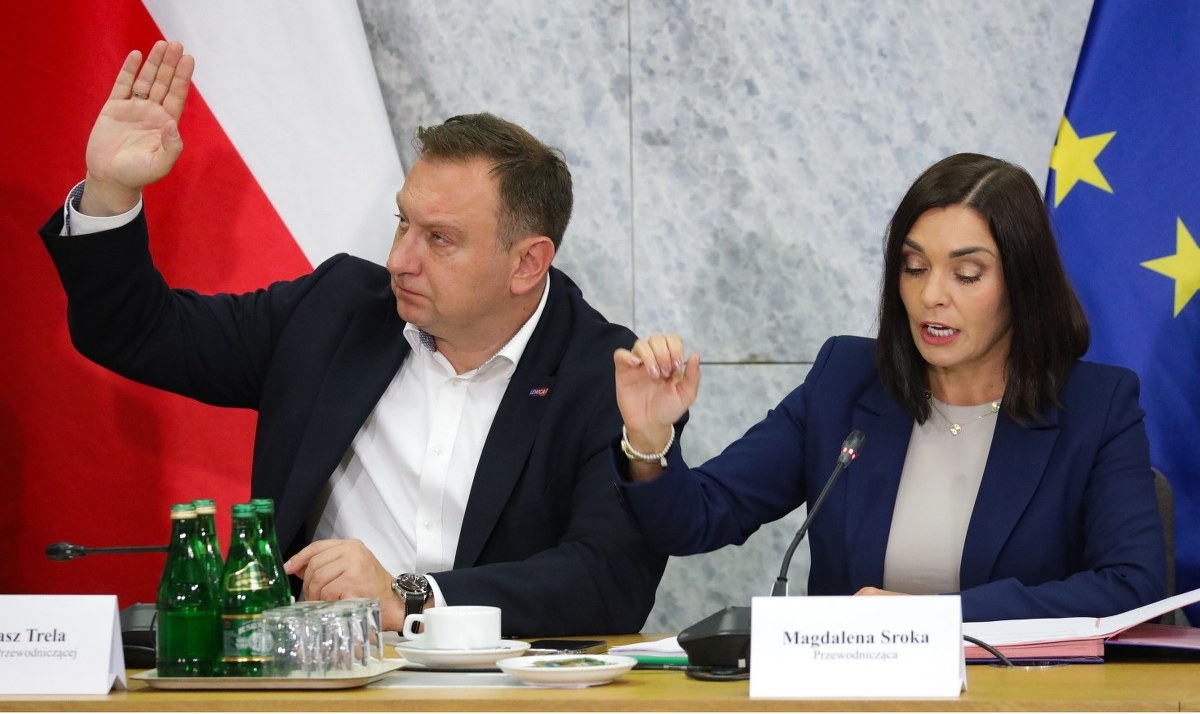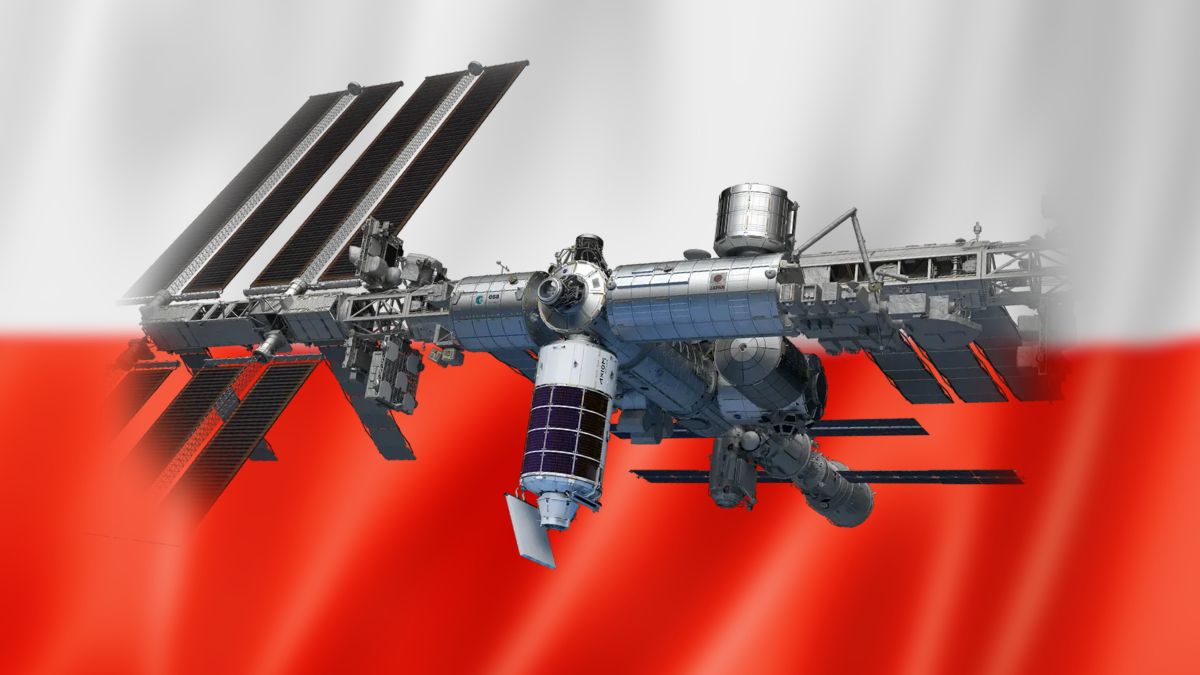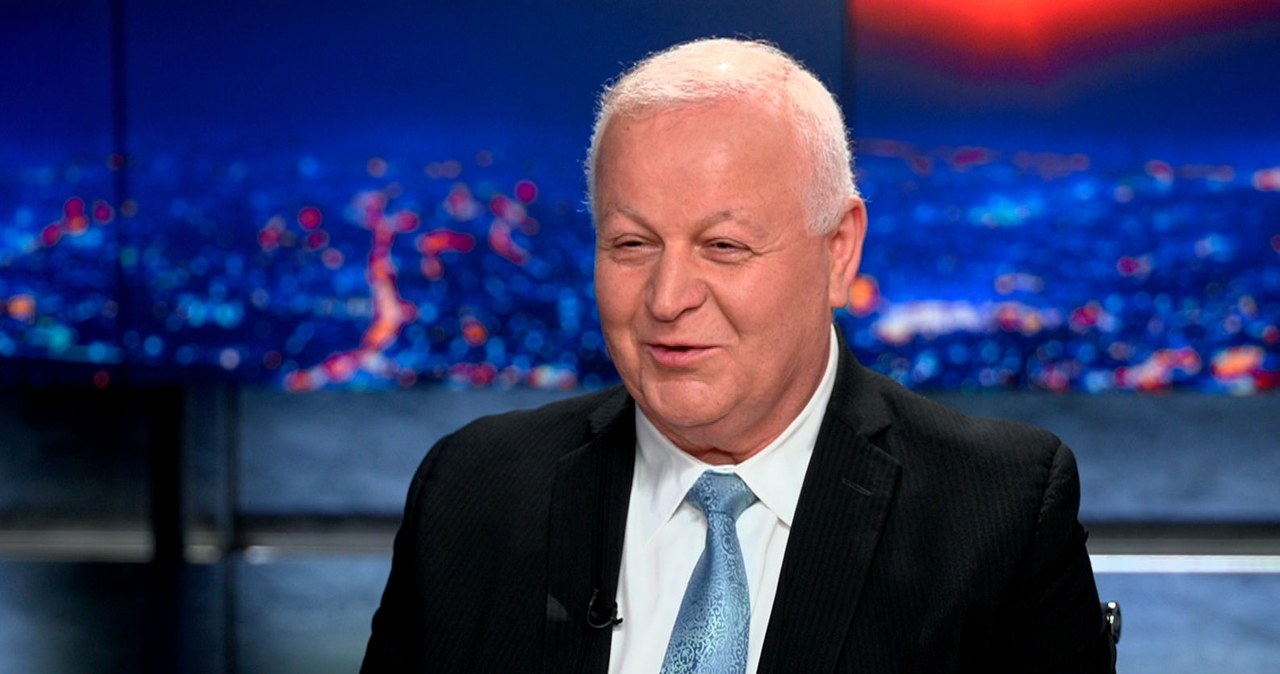President Trump stumbled over country names whilst discussing his diplomatic achievements during a radio interview on Tuesday. Speaking on The Mark Levin Show, he mispronounced "Azerbaijan" as "Aberbaijan" and confused Armenia with "Albania" when describing a peace deal he brokered.
"For the Aberbaijan - that was a big one going on for 34, 35 years, er Albania, I mean, think of that, going on for years, and I got to know the heads and I got to know them through trade," Trump said during the interview. He also repeated claims that he had ended "seven wars" during his presidency.
The verbal gaffes occurred as Trump explained how he leveraged trade negotiations to broker peace between the two nations. "I was dealing with them a little bit and saying, 'Why are you guys fighting?' And I said, 'I'm not going to do a trade deal if you guys are going to fight - it's crazy. Anyway, one thing led to another, and I got that one settled," he added.
Social media backlash
Trump's opponents quickly seized on the mispronunciations to question his cognitive abilities. The Republicans Against Trump account branded him "Dementia Don" and highlighted the apparent irony given his previous attacks on Joe Biden's mental acuity.
Social media users mocked the difficulty Trump appeared to have with country names beginning with the same letter. One user quipped that "it's so unfair to Trump that so many countries choose to have names beginning with the same letter" in the 26-letter alphabet.
The criticism gained traction as users pointed to apparent double standards. "If Biden had said this, MAGA would scream dementia Joe Trump's mistake, they stay silent," one user wrote.
Historic peace agreement
Despite the verbal stumbles, the Azerbaijan-Armenia peace deal represents a significant diplomatic breakthrough. The agreement was signed at the White House on August 8, ending nearly four decades of conflict over the disputed Nagorno-Karabakh region.
Trump described the emotional moment when the deal was finalised. "At the end of an hour, they were hugging and congratulating each other. It was beautiful to see, actually," he said.
Negotiations initially kicked off in March when both governments said they were prepared to end the conflict. The agreement includes a joint declaration of peace and dissolves the OSCE Minsk Group that had overseen previous failed negotiations.
Strategic corridor deal
The deal also grants the United States sole development rights over a transit route connecting Azerbaijan with its Nakhchivan region through southern Armenia. According to the Council of Foreign Relations, this corridor has been dubbed the "Trump Route for International Peace and Prosperity."
Trump claimed both countries had promised to stop fighting "forever" and open diplomatic, business and travel relations. Azerbaijan's President Ilham Aliyev said the nations had "lost a lot of years being preoccupied with wars and occupation and bloodshed."
Decades of conflict
The Nagorno-Karabakh dispute has plagued the Caucasus region since the 1980s. The first war from 1988 to 1994 resulted in roughly 30,000 casualties and created hundreds of thousands of refugees.
The ethnically Armenian enclave within Azerbaijan had been a source of tension for decades before Trump's administration successfully brokered the peace agreement. The deal marks the end of one of the world's longest-running territorial disputes.
Sources used: "PA Media", "Independent", "Daily Star" Note: This article has been edited with the help of Artificial Intelligence.










